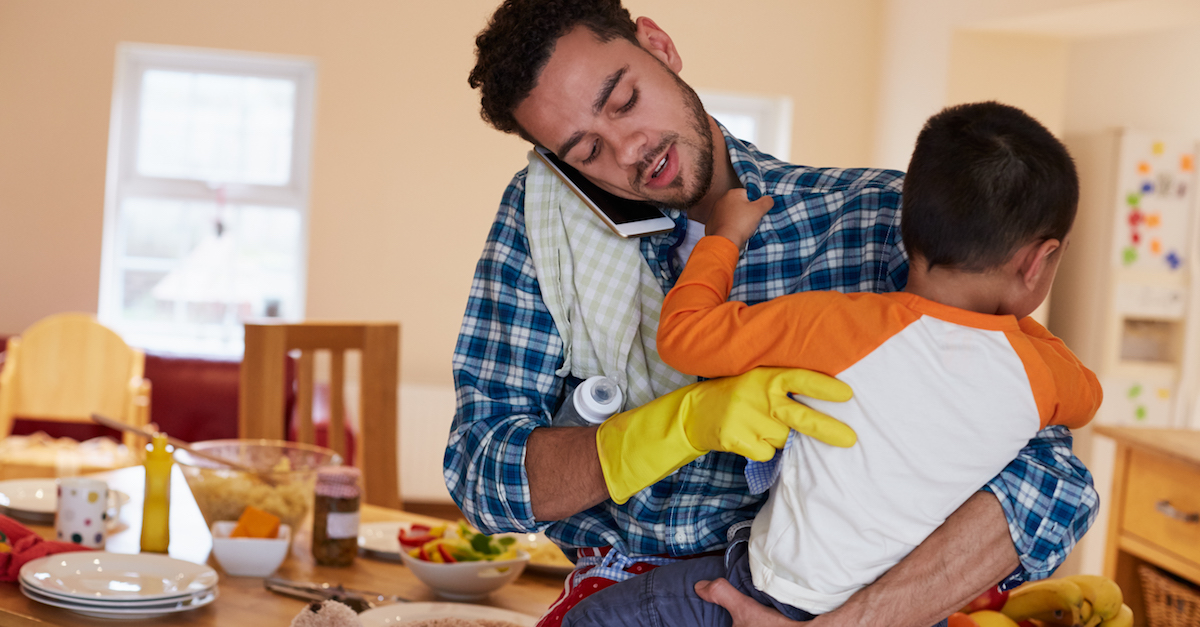
About five years into my marriage, my wife and I were living in a small townhouse in rural Minnesota. We had two children. I was attending graduate school and working, while she was a stay-at-home mom.
My wife being home all day was a new development for us. One evening, around 9 p.m., after the kids were in bed, I dragged myself off the sofa with a groan and announced that I was going to do the dishes.
I said it into the air, “Suppose I’ll do the dishes,” as if it was some wonderful gesture of good will to my wife. And, at the time, I felt that way. I felt that she wasn’t working, and so all that household and kid stuff was her gig. Anything I did to help out was a favor to her.
I truly don’t know where I learned that idea. My father wasn’t around when I was kid, so I didn’t learn it from him. My mother went to work, paid the bills, cared for the kids and the home — she was a one-woman band.
More from LittleThings: Instagram Influencers Are Getting Sick After Swimming In A Turquoise Lake That's Toxic
Perhaps I picked it up from TV, or from books, or from watching other couples in my neighborhood. I don’t really know where I got it from, but what I do know is that the second my wife stopped working and became a stay-at-home mother, something flipped in me.
I suddenly became weighted with these 1950s notions that because I bring in the bacon, anything I did around the house deserved praise. And sadly, this idea lingered with me for the next several years.
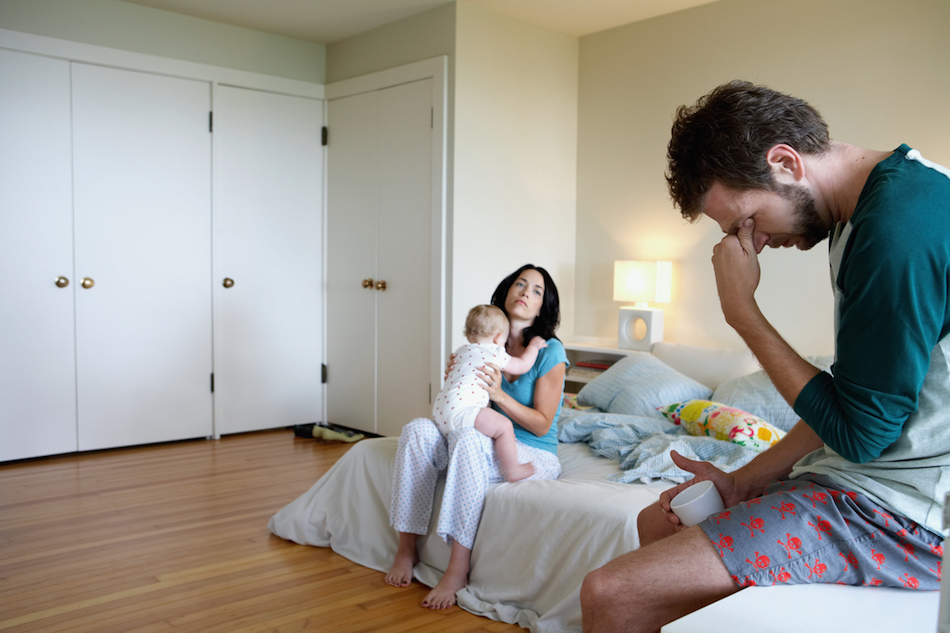
This isn’t to say that I didn’t pitch in around the house during this time. I surely did. I got up in the night with our children. I managed bath time several nights a week. I cooked and I cleaned. The problem wasn’t my contribution. The problem was how I viewed my own contributions. I felt like my wife owed me praise for doing anything domestic.
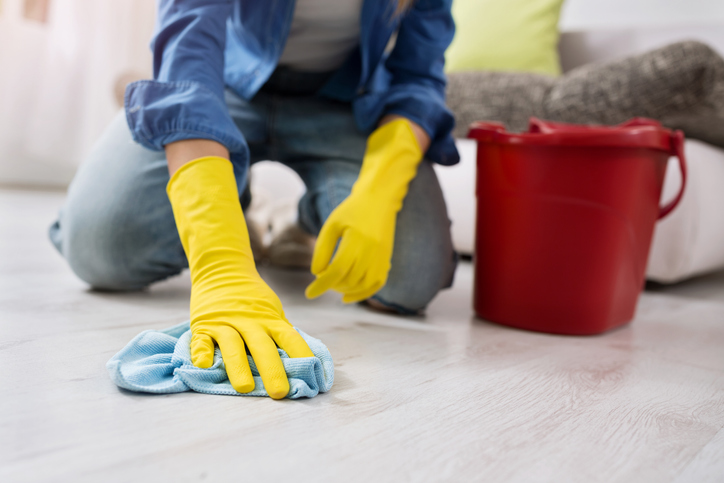
My wife was in the kitchen when I made my announcement that I was going to do the dishes, crouched down, wiping up the sticky mess our then-baby daughter had made on one of our chairs. She was in jeans and a T-shirt, her short brown hair falling into her face as she examined the chair to make sure she got it all.
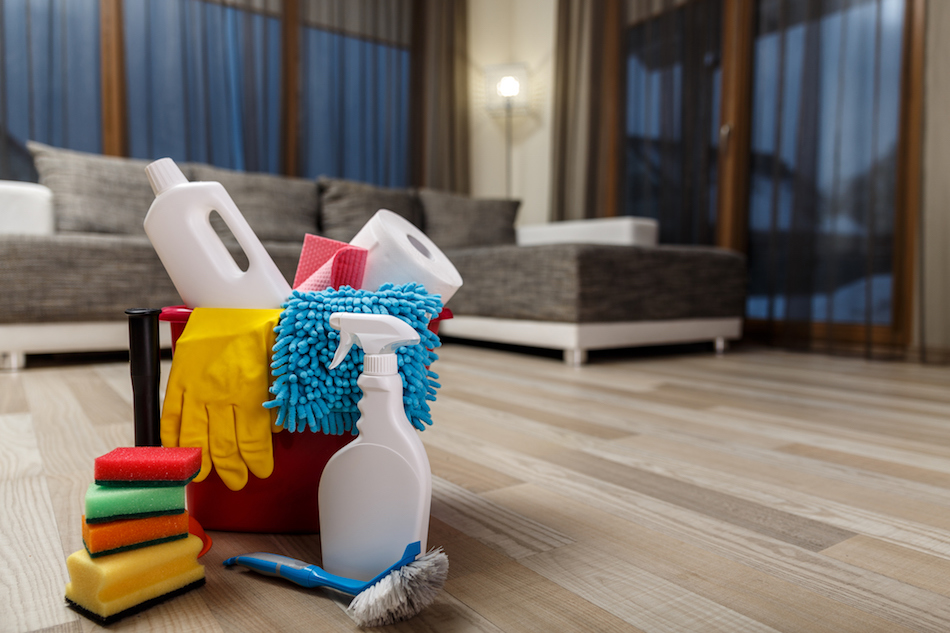
She looked up at me through a mess of hair as I approached the sink full of dirty dishes and said, “Thanks.”
“No worries,” I said, “I’m happy to help you out.”
I smiled at her, and felt good about myself as a father.
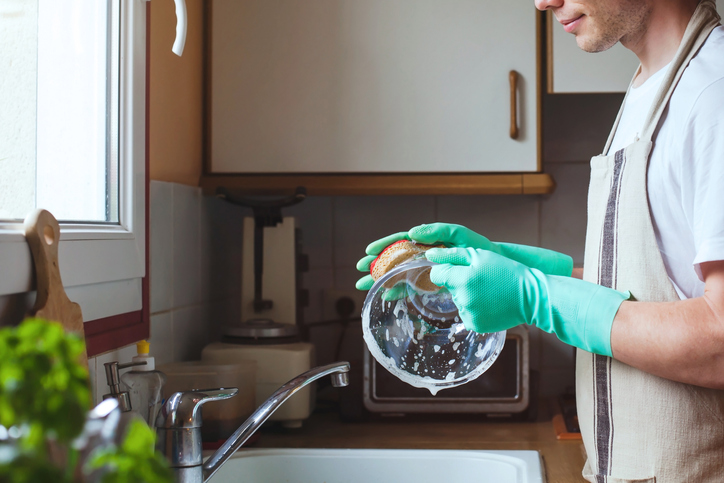
But then she said, “Did you enjoy dinner?”
“Yeah,” I said. “It was great.”
“Good,” she said. “Because it took me over an hour to make. And now you are doing the dishes. Seems like a fair trade to me, so I don’t understand why you seem to think you deserve a pat on the back for washing the dishes.”
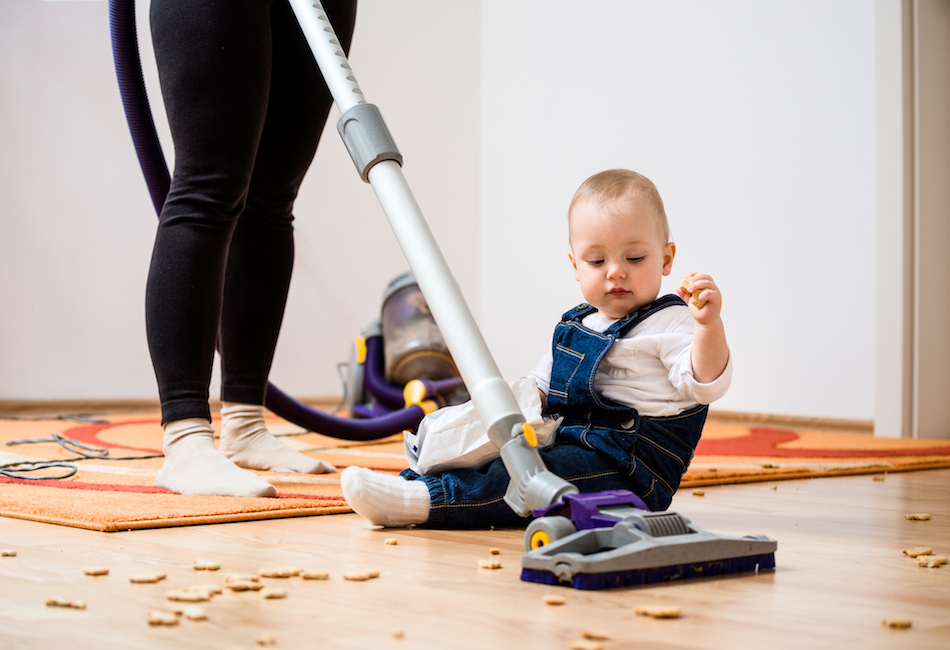
She stood and walked to the sink with the rag she was using. Then she washed the grime from her hands, dried them, and pulled the hair away from her face. She gave me a straight-mouthed look. She wasn’t mad, per se, but clearly irritated. This was obviously something that had been bothering her for some time.
“I’m helping you out. I thought you’d appreciate it,” I said.
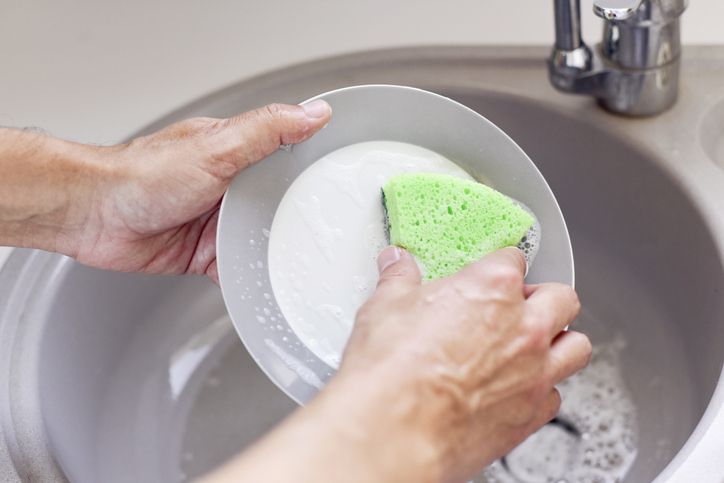
“I do appreciate it,” she said. “But you are not helping me out. You are helping us out. You are helping out our family. I wish you’d understand that.”
I was confused and a little irritated. I still assumed that I was doing her a favor by doing the dishes, when the fact was, I wasn’t helping anyone out but my family and myself.
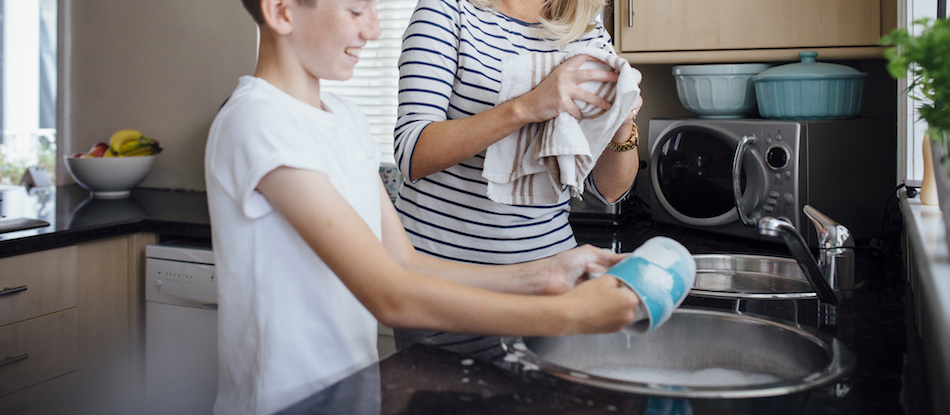
I ate that dinner. Those were my children, this was my family, and just because I was doing the dishes didn’t mean that I was doing anything special. I was simply working alongside my wife as a partner, pitching in where necessary.
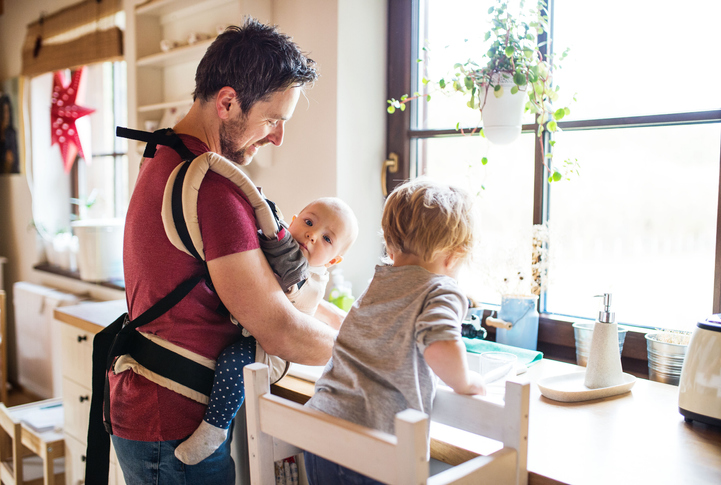
I think a lot of men fall into this mindset. This isn’t to say that men don’t pitch in. They do. In fact, we are in a new age where it is acceptable for fathers to do dishes. There is no shame in caring for children, or doing household chores.
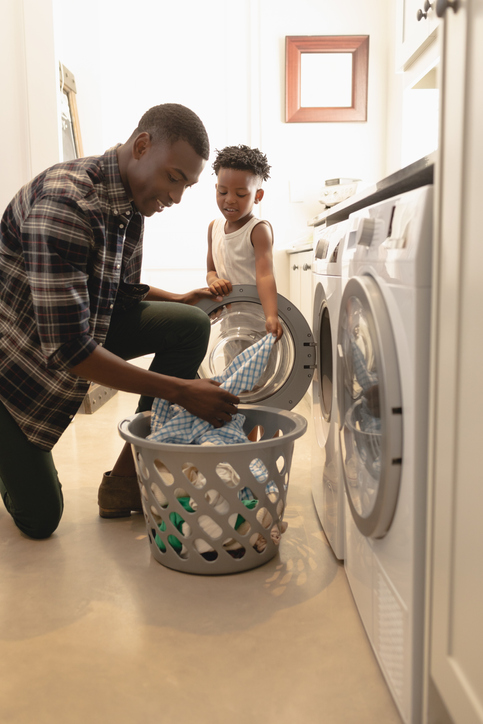
However, there still seems to be this understanding that if a father does anything around the house, that he deserves a pat on the back. The fact is, this is just what it looks like to be a father in 2017.
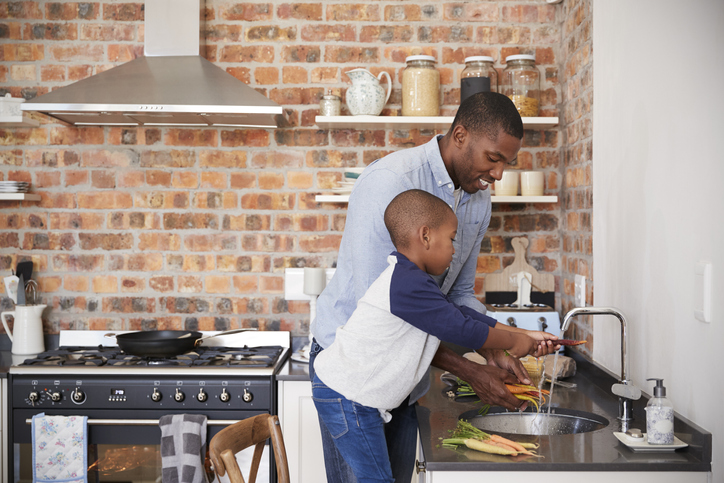
Now, the last thing I’m saying is that you shouldn’t praise the person you are with. You should. But at the same time, as a father, I really needed to get out of the mindset that every time I did the dishes, I deserved special treatment.
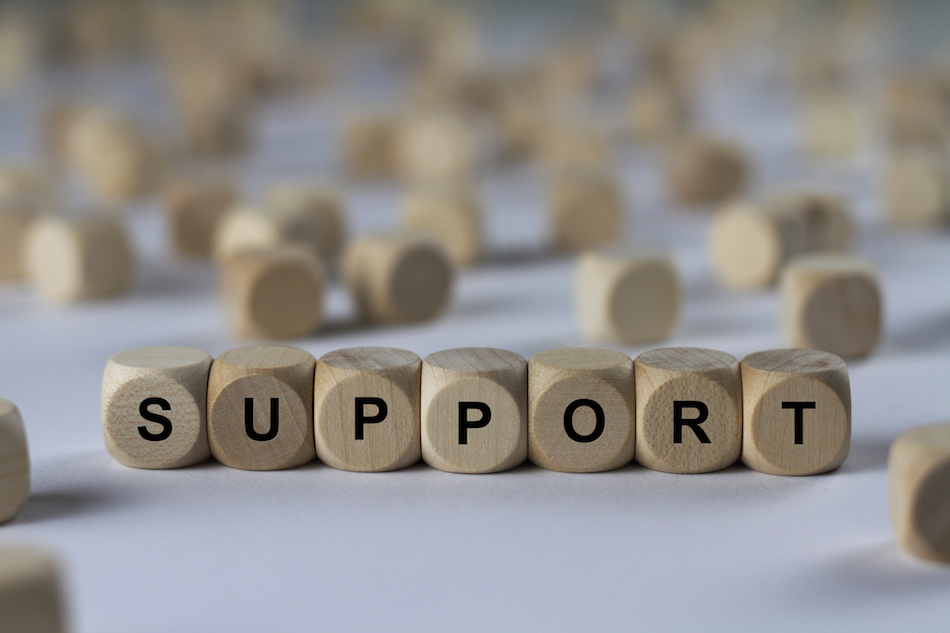
I will be the first to admit that it took me a few more years to figure this out.
I grudgingly finished the dishes, feeling picked on and underappreciated. I felt this way whenever I did anything around the house for a few years because my wife stopped praising me all the time. Sometimes she said thanks, but most of the time she just gave me a look that seemed to say, “You eat here too.”
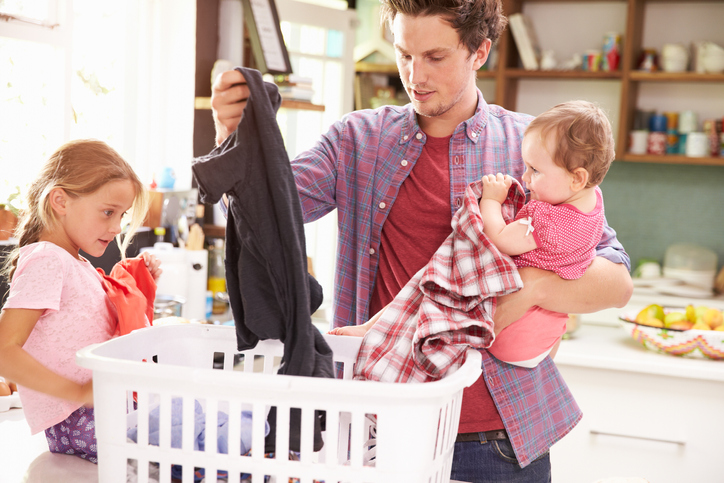
Eventually, I started to question why I felt like I needed praise for helping around the house. I started to understand this whole parenting gig was a partnership, not a list of obligations separated by gender.

A few years later, when my wife and I were living in Oregon, I was doing the dishes. We were living in a house now. Mel gave me a kiss and said, “Thanks for doing the dishes.”
I couldn’t remember the last time she’d told me thanks for doing something around the house. But at the same time, I couldn’t remember the last time I’d expected it. “You don’t need to thank me,” I said. “I eat here too.”
She smiled and gave me kiss.
For more from Clint Edwards, visit No Idea What I’m Doing: A Daddy Blog and Facebook.




